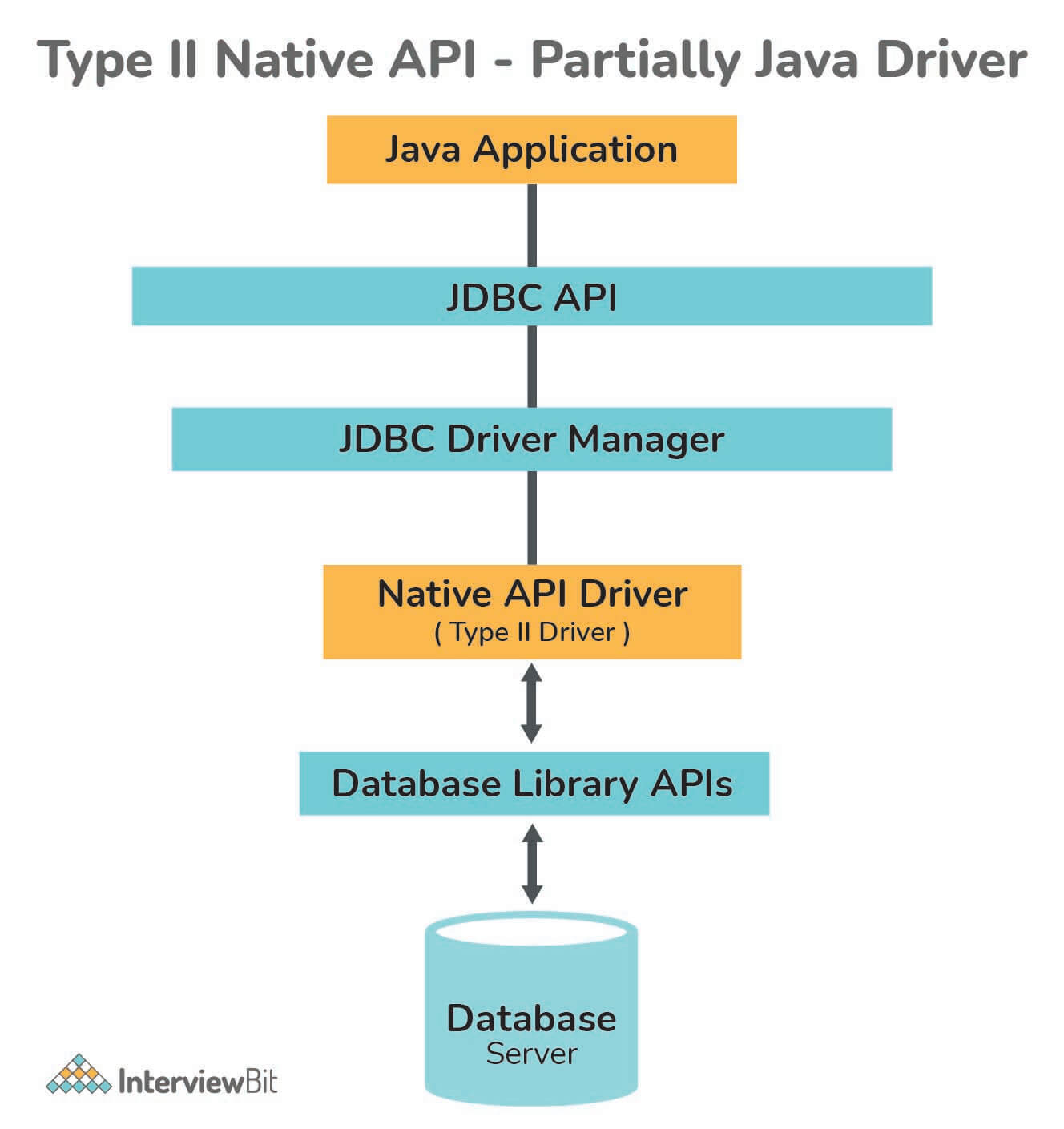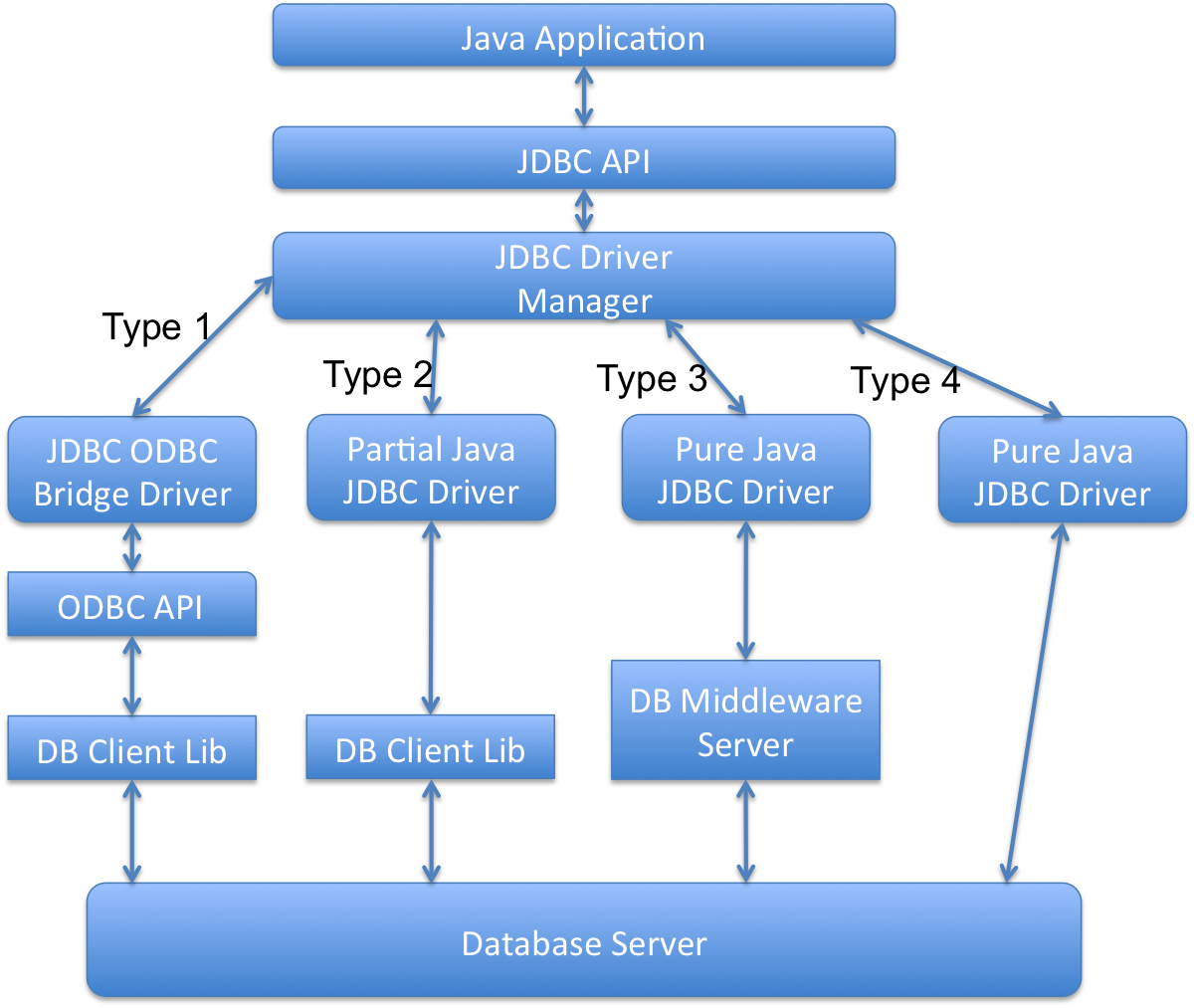Is Java JDBC still used?
Is Java JDBC still used?

Java's JDBC (Java Database Connectivity) is indeed still widely used today. While it may not be as trendy as newer technologies, its reliability, robustness, and sheer versatility have made it an enduring stalwart in the world of database connectivity.
Introduced back in 1997 with Java 1.1, JDBC provided a standardized way for Java programs to interact with relational databases. Its primary objective was to provide a consistent API (Application Programming Interface) for accessing and manipulating data stored in various RDBMS (Relational Database Management Systems), such as Oracle, MySQL, PostgreSQL, and more.
Despite the rise of newer technologies like Hibernate, Spring Data JPA, and others that abstract away the underlying database details, JDBC remains an essential tool in many developers' toolboxes. Here's why:
Low-level control: JDBC allows for direct access to databases, granting fine-grained control over query execution, data manipulation, and transactions. This level of control is often necessary for complex, mission-critical applications that require precise control.


In conclusion, Java's JDBC remains an important tool for developers due to its reliability, versatility, and low-level control. As long as relational databases continue to be used, JDBC will likely remain a staple in the Java ecosystem, providing developers with the means to efficiently interact with various RDBMSs.
Java jdbc interview questions

Here are some Java JDBC interview questions:

Basic Questions
What is JDBC and how does it work? What is the difference between JDBC driver and JDBC API? Can you explain the concept of a "connection" in JDBC? How do I establish one?SQL Statements
Write a simple SELECT query using JDBC. How would you write an INSERT query to add a new user to a database? What is the difference between executeQuery() and executeUpdate() methods in JDBC?ResultSet
How do you retrieve data from a ResultSet in JDBC? Provide an example. Can you explain the concept of forward-only vs scroll-sensitive cursors in JDBC? How would you get the column names from a ResultSet using JDBC?Transactions
What is a transaction in the context of JDBC? Provide an example. How do you start a transaction in JDBC? How do you commit/roll back one? Can you explain the concept of isolation levels (e.g., READ COMMITTED, SERIALIZABLE) in JDBC?Error Handling
How do you handle database errors using JDBC? Provide an example. What is the difference between SQLException and java.lang.Exception in JDBC? Can you explain how to use try-catch-finally blocks to handle database errors in JDBC?Other Questions
How do you execute a stored procedure using JDBC? Can you provide an example of using prepared statements with bind variables? What is the difference between a "statement" and a "prepared statement" in JDBC? When would you use each? How do you convert a Java object to a SQL date/time value using JDBC? Can you explain how to use the RowSet class in JDBC?Advanced Questions
How would you implement connection pooling in your application using JDBC? Can you describe the differences between MySQL, PostgreSQL, and Oracle databases in terms of their JDBC drivers and quirks? Provide an example of using a CallableStatement to execute a stored procedure that takes parameters. How do you handle nested transactions (i.e., transactions within transactions) in JDBC?These questions should give you a good starting point for a Java JDBC interview. Remember to be prepared to answer specific questions about your experience with different databases and the quirks of their respective JDBC drivers!





























